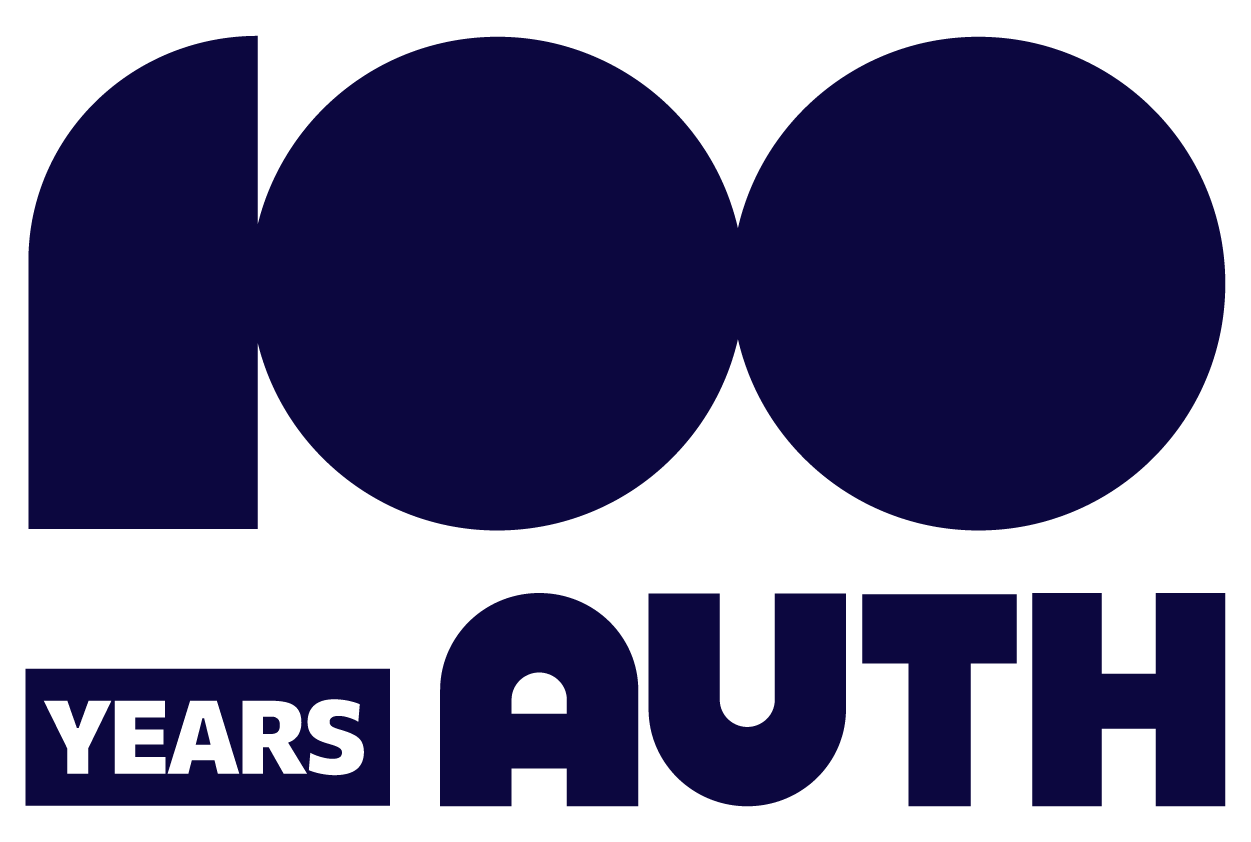
As conversation is the most common of all language activities, people tend to underestimate its importance. Contrary to what you might believe, conversation is neither aimless nor random. In fact, it is a distinctive, highly organized level of language, which exhibits regularity and pattern. Participants regularly, and in orderly ways, produce mutually intelligible utterances which generate talk, bring about further talk, and shape the course of subsequent talk. This research course examines the organizational relations between utterances in a conversation and the way in which utterances are organized into conversations, by making use of authentic recorded data collected by the students themselves from naturally occurring everyday interactions. The aim is to highlight the methods which the members themselves use in order to describe conversational events, and thus expose the procedures and expectations in terms of which speakers produce their own behaviour and interpret the behaviour of others. The central tenet of Conversation Analysis is that social relationships are audibly constructed in situated conversational interaction. Relevant topics include: ethnomethodology, indexicality, trun-taking organization, transcription notation, projectability, adjacency, repair, preference, sequences, accountability etc. Note1: This course must necessarily follow the prerequisite Ling4-363, and (optionally) precede or coincide with Ling4-440. Note2: Students can only register for the course if they intend to be physically present every single time for in class analysis of individually collected/transcribed data. Course objectives • Familiarize students with the fundamental principles and concepts of ethnomethodological Conversation Analysis • Give students tools to perceive aspects of everyday social interaction that are usually taken for granted by members • Make students aware of the social construction of reality • Offer hands-on experience in collecting, transcribing and analysing recorded conversations • Ultimately, turn students into researchers Assessment methods: Research paper